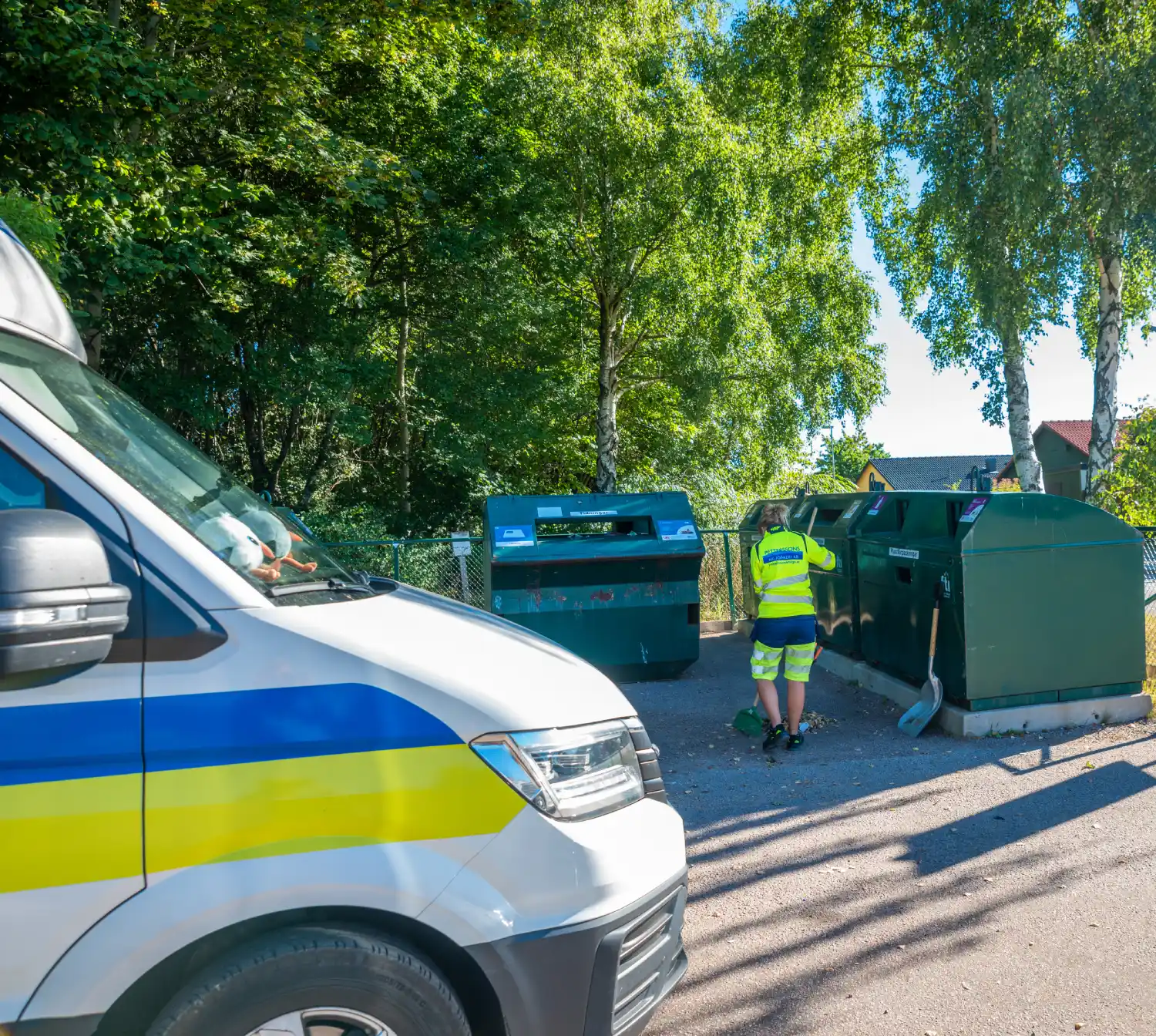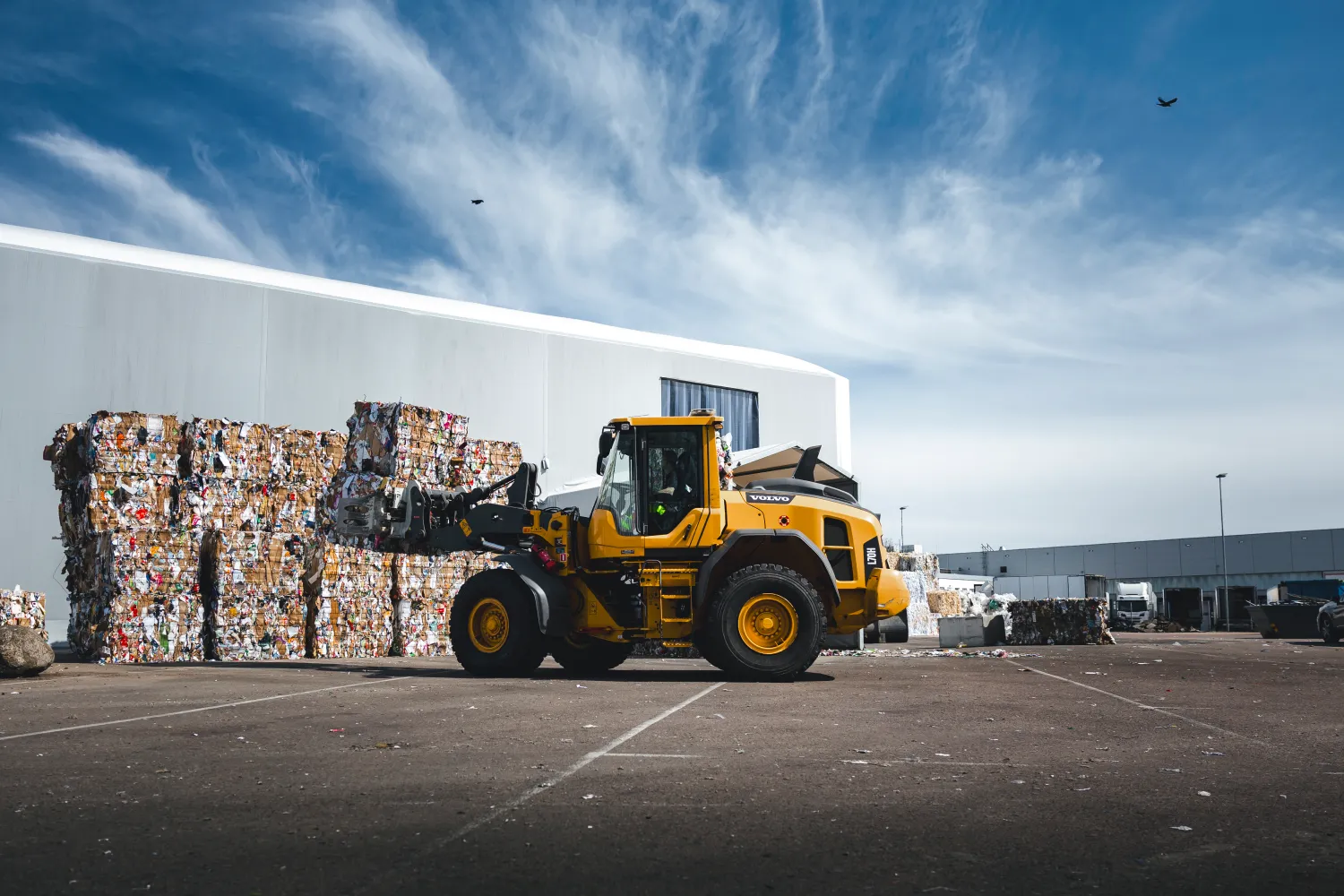The Ecological and Economic Benefits of Recycling in Sweden
The Ecological and Economic Benefits of Recycling in Sweden
Blog Article
Sweden is widely recognized as an international chief in sustainable residing and recycling. With a recycling rate of over 99%, the country has set an formidable typical for waste management. But, achieving such accomplishment is no little feat. Planning recycling efforts across Sweden's 290 municipal places involves elaborate control, sophisticated technologies, and community participation. This information requires a sooner look at how Sweden has effortlessly structured their municipal Recycling (Återvinning) methods and the key data underpinning its achievements.
The Role of Municipalities in Recycling
Sweden's decentralized spend management system places a significant number of responsibility on municipal authorities. Each municipality is tasked with planning, gathering, and getting rid of house waste, ensuring it conforms with national recycling laws. Municipalities work in coordination with national agencies to generally meet sustainability targets and give cost-efficient spend management solutions.

New information reveals that around 50% of household spend in Sweden is recycled, while the rest is employed for energy healing through incineration. One of many best challenges municipalities face is creating recycling accessible and convenient for people across metropolitan, suburban, and rural areas. To tackle this, municipalities identify well-distributed recycling stores, present curbside collection programs, and offer drop-off factors for particular spend classes, such as for example paper, metals, plastics, and dangerous materials.
Advanced Systems Operating Recycling Efficiency
Engineering represents a vital position in facilitating Sweden's municipal recycling efforts. Information from waste administration reports shows an increasing utilization of AI-powered waste working services, which streamline the procedure of separating recyclable materials from common waste. Computerized techniques at recycling stores identify components like glass, plastic, and steel with exceptional precision, reducing guide labor and increasing the overall recycling rate.
Moreover, municipalities are utilizing clever bins built with sensors that check waste levels. These bins enable better collection schedules, reducing fuel usage and carbon emissions connected with waste transportation.
Neighborhood Involvement and Awareness
Statistics show that around 85% of Swedes positively take part in recycling efforts, attributing this amount of engagement to powerful community outreach and training initiatives. Municipalities conduct standard awareness campaigns to see people about recycling guidelines, while colleges include environmental training to their curriculum to foster eco-conscious habits from the young age.

Notably, nearly 60% of residents report so easy use of recycling programs inspires them to sell consistently. Municipalities continue to target on ease and user-friendly infrastructure to maintain and improve community participation.
A Model Worth Replicating
Sweden's structured recycling efforts display how municipalities, technologies, and community activity may work together to achieve excellent results. By ensuring accessibility, fostering community involvement, and leveraging technical developments, Sweden has established a blueprint for sustainable spend management that other countries will look to for inspiration. Report this page